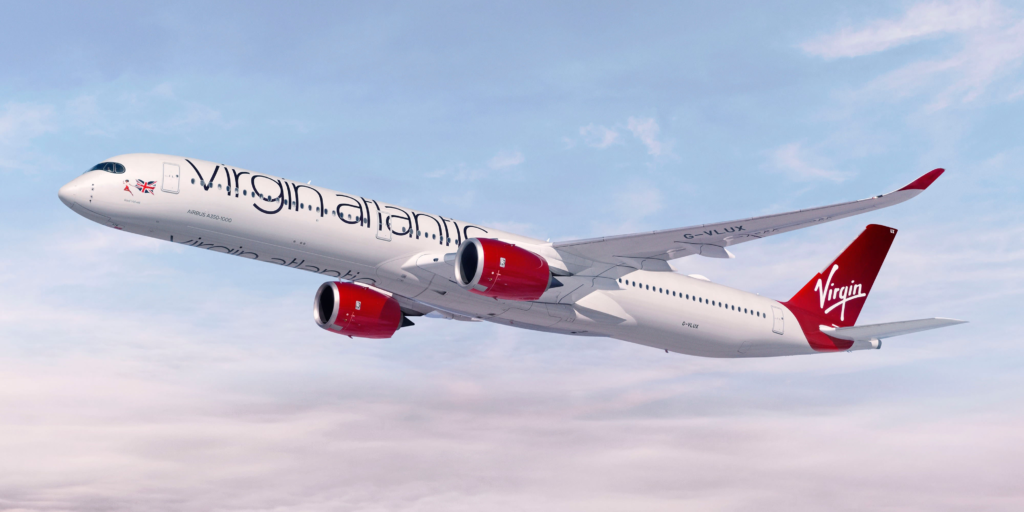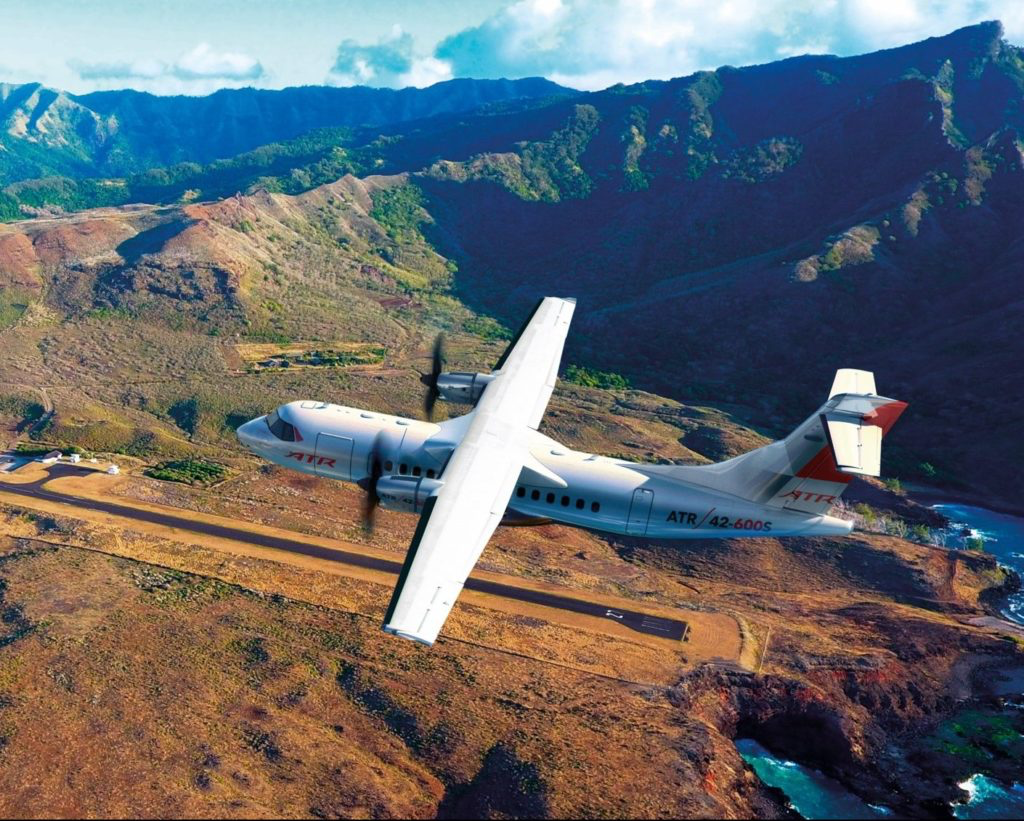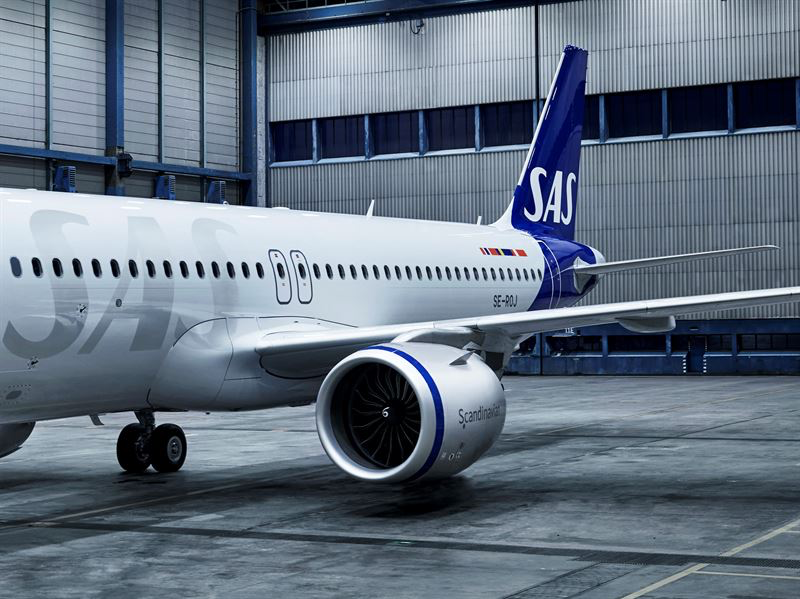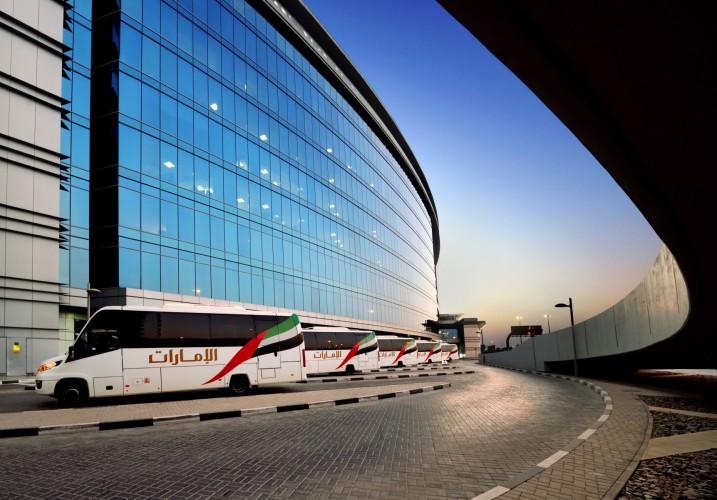Virgin Atlantic Joins New Global Aviation Climate Taskforce
Virgin Atlantic has joined global airline leaders including Air France-KLM and Delta Air Lines, with Boston Consulting Group, in the formation of the Aviation Climate Taskforce (ACT) – a new non-profit organization founded to accelerate…




